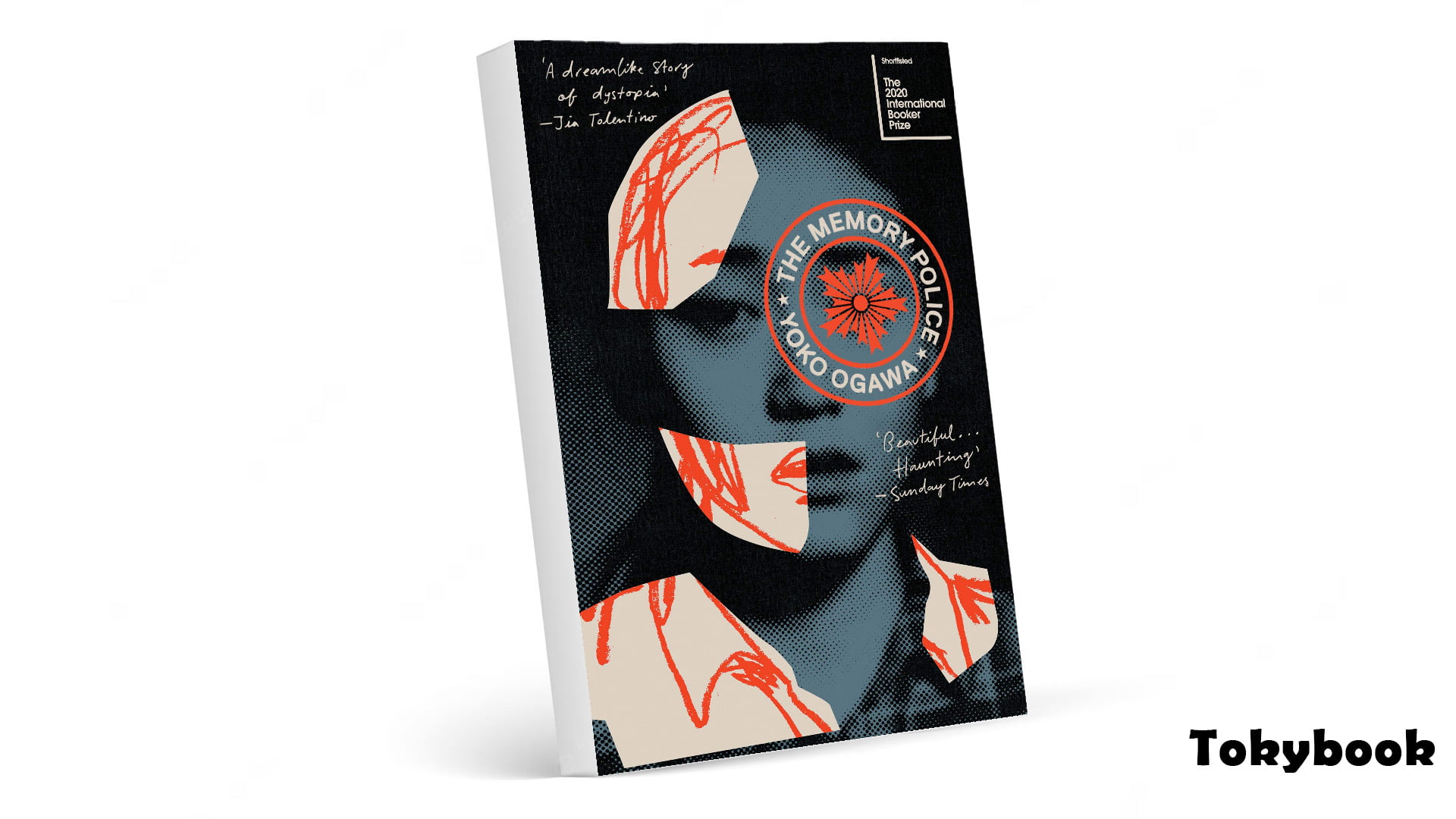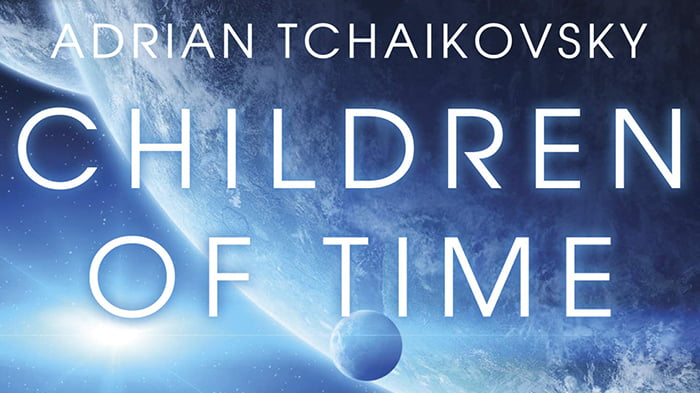THE MEMORY POLICE by Yoko Ogawa is presented as a typical dystopian novel. The book jacket uses works like “Orwellian” and “terrors of state surveillance” but what unfolds over the story is very different than expected.
On an unnamed island objects are systematically disappearing. People wake up to realize that photographs, hats, roses, or birds have disappeared. Not only are the objects physically disappeared through disposal but the objects fade from memory, becoming erased from history. But not for everyone: some people posses the power to recall lost objects. These people are hunted by the Memory Police, whose job it is to ensure the disappeared objects remain forgotten. The story follows an unnamed young novelist who helps hide her editor from capture by the Memory Police.

Sounds like a pretty exciting and tense story, huh? NOPE. The story is calm and quiet in a way that I have not experienced with other dystopian novels. And that’s not a bad thing! The best way I can describe THE MEMORY POLICE is a poetic meditation on loss. The inhabitants of the island have an unquestioning acceptance and are rarely fearful, even as their world is vanishing. As objects disappear, life simple adapts and moves on. It’s beautiful, unsettling, and totally original in concept but not necessarily the most entertaining book. Though the story was somewhat unsatisfying, not provide answers to any questions, it was through-provoking and an overall oddball book that I enjoyed reading.
If THE MEMORY POLICE were written by an American author (or worse made into an American movie) the story would be about fighting back against a fascist, totalitarian government and likely Scarlett Johansson would be cast as the lead and she would be badass! But that wouldn’t be special and would totally ruin the beauty of this book!
Hats off to Okawa (and Stephen Snyder for his beautiful translation) for this totally unique, totally memorable novel!
 Skip to content
Skip to content








